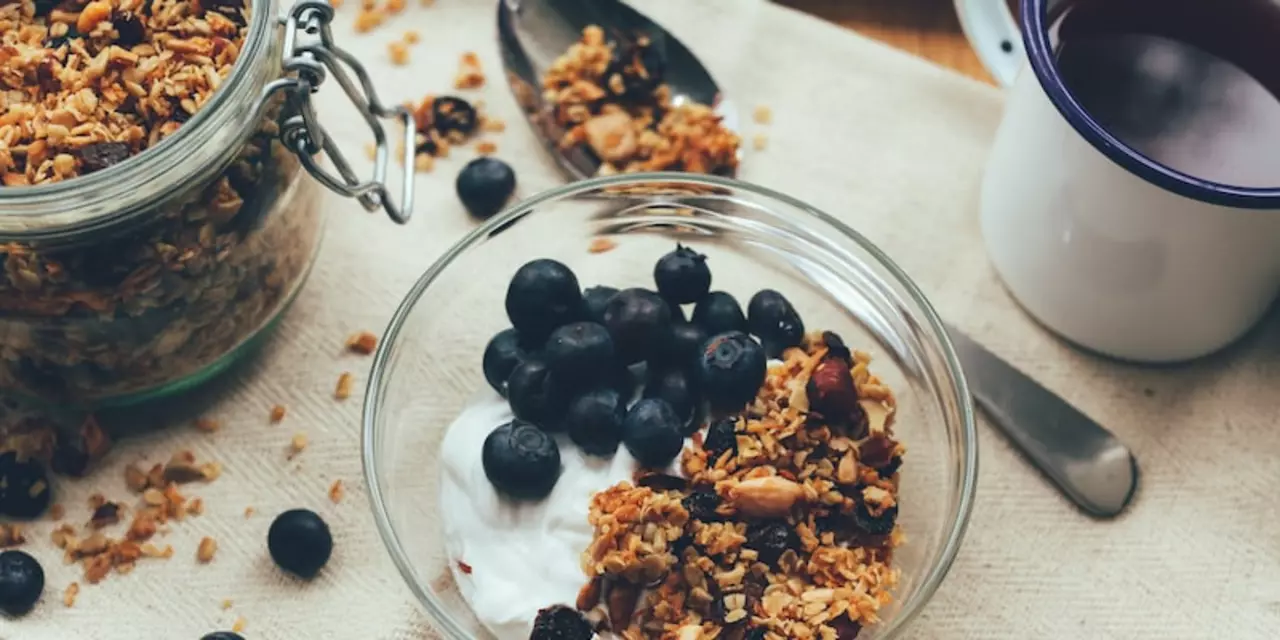Nutrition Made Simple: Practical Tips for Everyday Health
When it comes to staying healthy, nutrition is the foundation you can’t ignore. You don’t need a fancy diet plan or endless calorie counting – just a few smart habits that fit right into your daily routine.
Quick Wins for a Balanced Indian Plate
Start by swapping refined grains for whole‑grain options. A bowl of brown rice or a rotla made from millet adds fiber and steadies blood sugar. Pair it with a colorful mix of vegetables – the more colors, the more nutrients you get.
Protein doesn’t have to be limited to meat. Add lentils, chickpeas, or paneer to your meals for a plant‑based boost. A handful of roasted peanuts or a spoonful of curd also supplies good fats that keep you full longer.
Common Nutrition Myths Debunked
Myth #1: Skipping meals helps you lose weight. In reality, it slows metabolism and leads to overeating later. Aim for three balanced meals and a couple of healthy snacks instead.
Myth #2: All fats are bad. Healthy fats from mustard oil, coconut, or avocado support brain function and hormone balance. Just watch portion sizes.
Myth #3: You need expensive superfoods. Simple items like seasonal fruits, leafy greens, and home‑grown herbs give you the same benefits without breaking the bank.
Now that the myths are out of the way, let’s talk portion control. Use your hand as a guide: a palm‑sized portion of protein, a fist of carbs, and two fists of veggies. This visual cue works well whether you’re at home or eating out.
Hydration is another hidden hero. Drinking water throughout the day helps digestion, improves skin, and even curbs unnecessary snacking. Aim for at least eight glasses – a glass with each meal is an easy benchmark.
If you love spices, you’re in luck. Turmeric, cumin, and coriander not only add flavor but also bring anti‑inflammatory properties. A pinch of these in your daily cooking can boost overall health without extra calories.
For those short on time, prep a batch of boiled beans or roasted nuts on the weekend. Store them in the fridge and grab a handful whenever hunger hits. This trick cuts down on junk food cravings.
Lastly, listen to your body. Hunger and fullness cues are smarter than any diet rule. Eat when you’re truly hungry, stop when you’re comfortably satisfied, and you’ll naturally maintain a healthy weight.
By adopting these simple nutrition habits, you’ll feel more energetic, support your immune system, and set a solid foundation for long‑term wellbeing. No need for drastic changes – just steady, realistic steps that become part of your lifestyle.
What are some of the healthiest South Indian breakfasts?
South Indian breakfasts are a delicious and healthy way to start the day. They typically include idlis, dosas, uttapams and poha, all made from healthy ingredients such as rice, lentils, vegetables and spices. Idlis are steamed cakes of fermented rice and lentils, dosas are crispy crepes made from fermented rice and lentils, uttapams are thick pancakes made from fermented rice and lentils, and poha is an easy-to-make breakfast dish made from flattened rice, spices and vegetables. All of these dishes are rich in fibre, protein and other essential nutrients, making them a great choice for a healthy breakfast.
